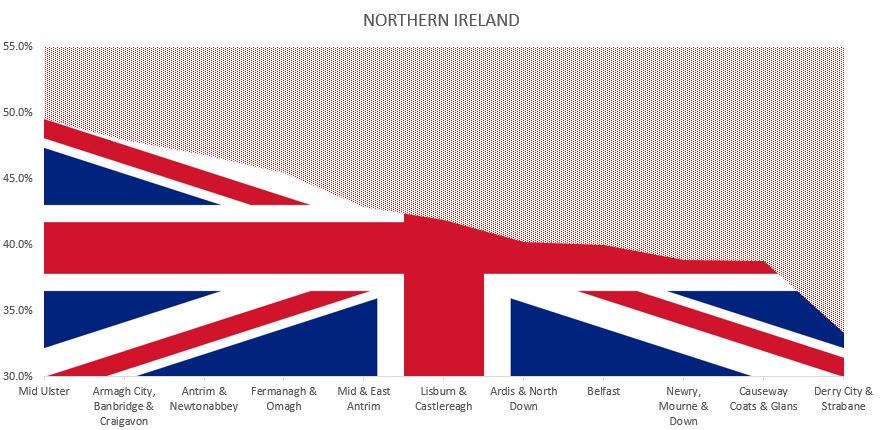Back in July 2017, China announced it would no longer accept 24 grades of plastic, textiles and paper imports it claimed was contaminated with dirty or hazardous materials or other waste products. This ban is now in place.
So, where will the 500,000 tonnes of plastic we used to ship to China go and what lessons can we learn?
- Will councils across the UK refuse to recycle plastic?
- Will our waste collection costs increase?
- How can we improve the quality and cleanliness of our recycling to prevent similar consequences?
- And, what does this now mean to the Waste Framework Directive target to achieve 50% recycling by 2020?
In a recent blog, we explored how to reduce recycling costs and I think the answer to some of the above questions may lie there.
- Simply refusing to recycle plastic just takes us back to the overuse of landfill which goes against so many policies and beliefs. The BBC’s Dan Johnson visited a plant in Southwark to see how they’re dealing with plastic recycling build-up.
- If we continue to off load dirty recycling material to recycling plants, then I can’t see waste collection costs going anywhere but up. A key reason for China’s pull out was the poor state of our shipped recycling. So, we need to learn from this and ensure we ALL play our part (business and consumers alike).
- We can improve the quality and cleanliness of our waste for recycling in many ways – common sense being one of them. In the day to day sense, we need to educate and make correct recycling and waste segregation easy. Recycling solutions are plentiful for both businesses and households. Keep things simple, consistent and clear. Bespoke recycling stations are certainly gaining momentum as it provides a clear, visual and central point for correct recycling habits.
- We are yet to understand how Brexit will impact the 2020 goal set by the Waste Framework Directive, but with only 2 years remaining and clear signs that many local authorities across the UK are overperforming, some within touching distance, we must not lose momentum and revert to old (and bad) habits. See below how each local authority compares as of 2015/16. Please note: Scotland’s data is based on the 2015 calendar year. Based on household recycling waste.




Source:The Loop Issue 58 Spring 17 page 22-23
At Unisan UK, we offer solutions to ensure sustainability. We know people want to do the right thing, so why make it hard. That’s why we provide game-changing solutions that help our customers to think differently about recycling & hygiene at work and ensure it is easy for them to make the right choice.

